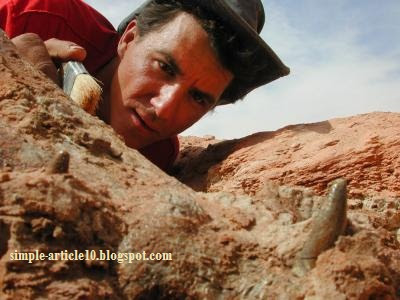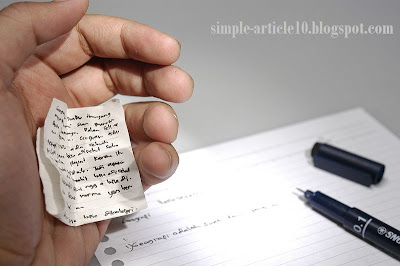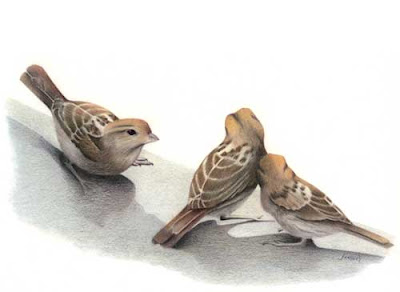More recently the
Upper Atmosphere Research Satellite (
UARS) Falling to Earth belonging to the United States space agency, but another falling satellites threat awaits.
People should be aware of the possibility of
falling satellites weighing nearly three tons of spinning
out of control and is expected to fall back to Earth.
It is the
ROSAT satellite, X-ray telescope made by German-owned British and American technology has been orbiting Earth since 1990. The satellite has been providing much valuable information about the star.
In 1999, scientists lost contact with the ROSAT that weighs 2.5 tons. The experts predict, ROSAT will enter Earth's atmosphere later this month.
German Aerospace Center estimates, there are 30 satellite debris, weighing a total of 1.67 tons, which will reach the Earth's surface. Heat-resistant mirror that is in ROSAT estimated will not burn out during re-entry to Earth. The rubble that fell sharply, including fractions that can be dangerous for the Earth's creatures.
However, people should not be too worried. "Until now, more than 50 years of aerospace history, none of the people affected by satellite debris fractions," said Professor Heiner Klinkrad of the European Space Agency was quoted as saying by the Daily Mail.
Although it is unlikely anyone would be injured, emergency service workers in Germany are being trained to deal with cases of injury from the
debris of space junk.
Last month, Germany's space center has the opportunity to estimate the ROSAT injure someone, 1: 2,000. More risky than UARS satellite which crashed some time ago 1:3.200. However, the possibility of someone falling satellite debris was very small, 1: 14 trillion.
Meanwhile, Klinkrad Heiner, the head of affairs office space debris, the European Space Agency said the unlikely ROSAT produced accurate predictions of the fall today.
Uncertainty will be reduced by increasing the satellite close to Earth. At which point the collapse of the new satellites can be predicted one or two hours before he was pierced through the Earth's surface.
For information,
NASA's satellite, the UARS crashed in a remote area in the Pacific Ocean, the entry point satellite carcasses around Christmas Island, south of Indonesia. Exact coordinates of the crash site, as noted by NASA, was at 14.1 degrees south latitude and 189.8 degrees east longitude (west longitude 170.2).
UARS is much smaller than the Mir space station that weighs 135 tons - that fell to Earth in 2001. Also more mini than the Skylab re-entry into Earth in 1979.
Mir fell in the South Pacific, while Skylab crashed in the Indian Ocean - as well as some other parts to fall in Western Australia. Because two-thirds of the earth is ocean, often times
falling space junk in the water.


 10:32 PM
10:32 PM
 Hmm
Hmm













































